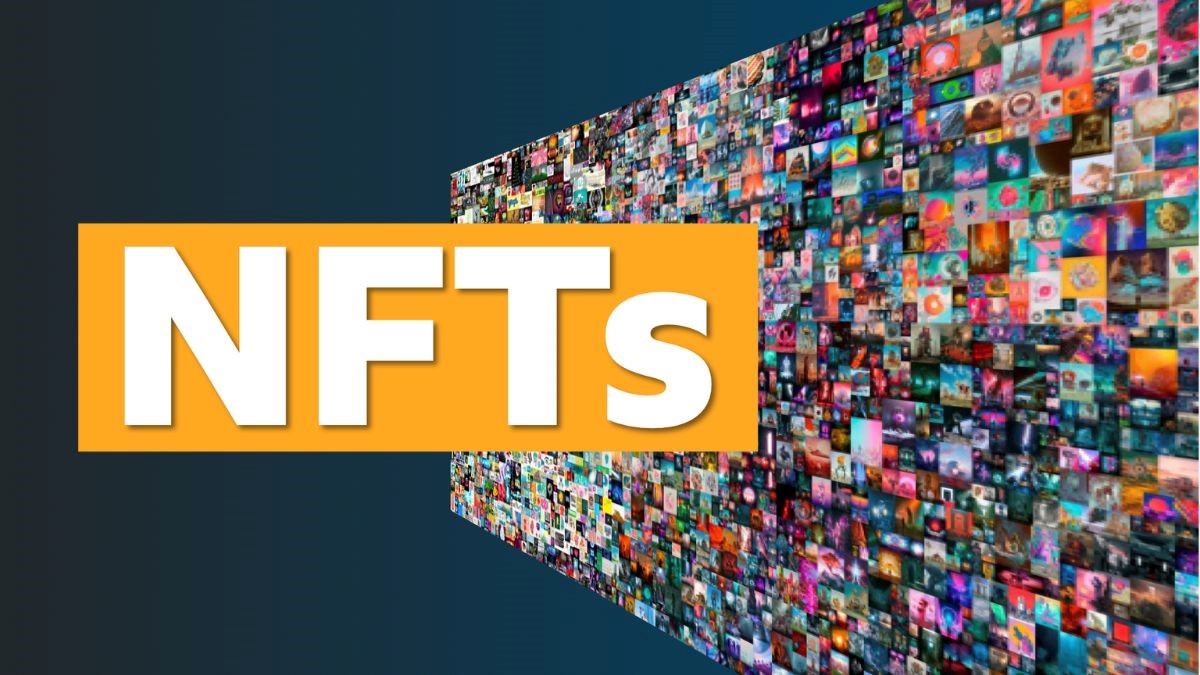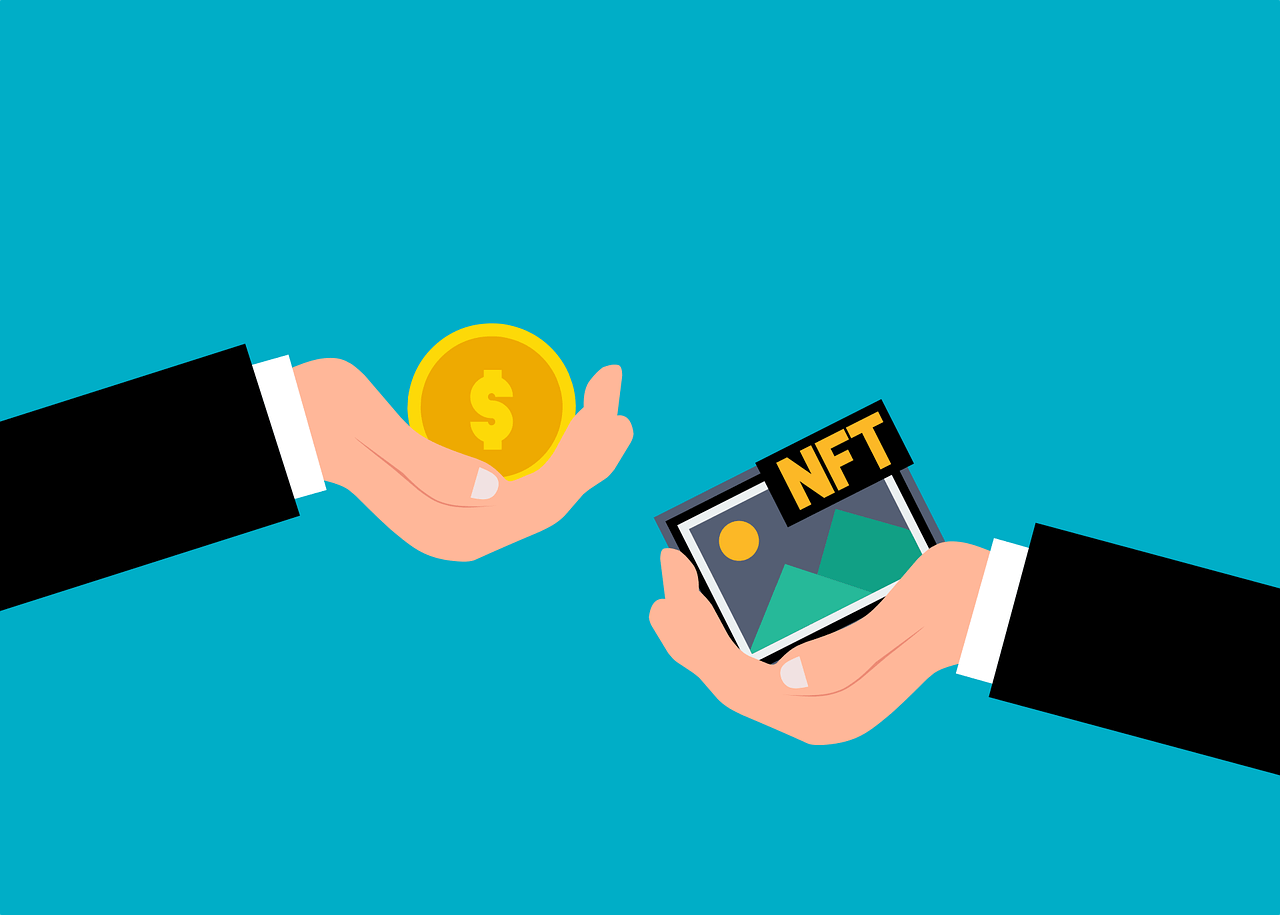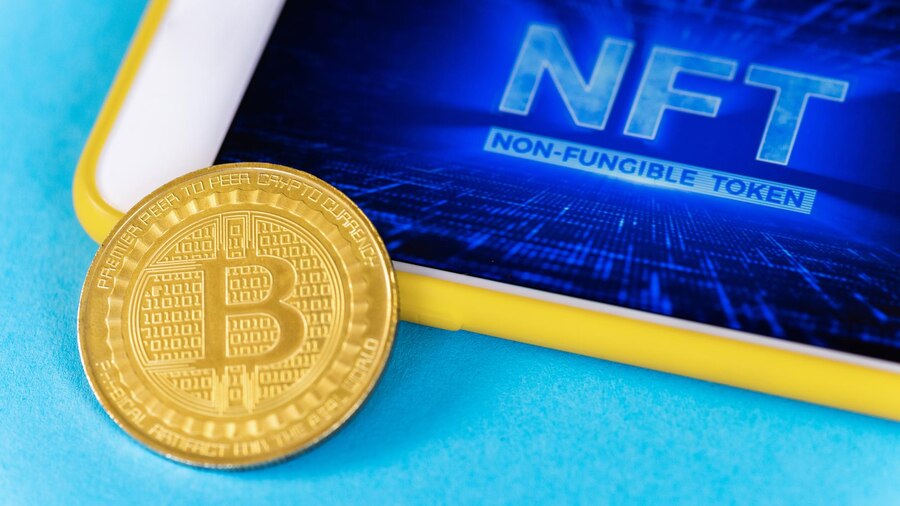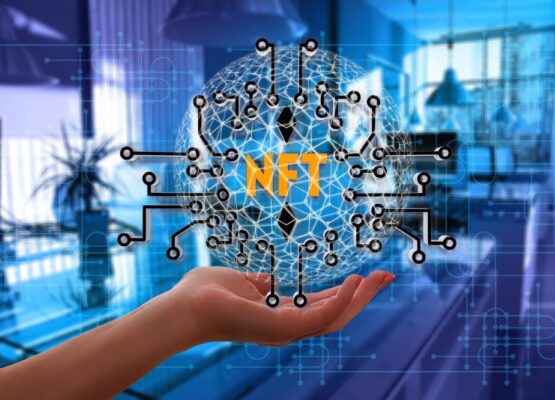NFTs, or non-fungible tokens, are digital assets that are unique and cannot be replaced. They are stored on a blockchain, which is a decentralized ledger that records all transactions. NFTs can represent anything from digital art to in-game items. They are similar to physical collectibles but with the added benefit of being able to authenticate ownership on a digital platform.
NFTs have received increased attention in recent years due to their potential and promise as a new asset class, though they remain largely unregulated. The legal status of NFTs is complicated, especially when it comes to taxation, securities law, and intellectual property rights.
As of now, most countries have yet to pass laws specifically related to NFTs, leaving the legal status of these tokens uncertain. Here’s a list of the last updates regarding different jurisdictions:
Australia
NFTs are currently not regulated in Australia, however, if the NFT meets the criteria of a financial product under ASIC’s regulatory framework, then it will be subject to regulation. So currently If you want to purchase or sell digital assets as a professional and legally in Australia, you must have an Australian Financial Services Licence.
China
Cryptocurrencies are not allowed in Mainland China; however, people can still sell and purchase NFTs. Although there are no particular laws that oversee NFTs yet, on April 13th, 2022 the National Internet Finance Association of China, Securities Association of China, and the banking joint Authority issued a note concerning the prevention of financial risks related to NFTs (the “Initiative”).

Although the Initiative is not a regulation under PRC law, because the three associations are supervised by the central bank, the banking regulatory authority and the security regulatory authority respectively, this Initiative reflects the attitudes and policy orientation of regulators in this jurisdiction.
Stricter regulation of cryptocurrencies and assets is on the horizon as their popularity continues to grow. Both investors and sellers should take care to stay updated on any changes in regulations.
European Union
NFTs are not currently regulated in the EU, and there is no harmonized regulatory regime across member states.
The European Commission has published a Markets in Crypto-assets Regulation (MiCA) which specifically excludes NFTs from its scope; however, like the UK, if the holder of an NFT gains specific rights from it–such as profit rights or entitlements found in financial instruments–the proposed regulation should explicitly apply.
NFTs may also be treated as security tokens in certain circumstances, and they will fall under the jurisdiction of any national legislation that applies to them (for example, commercial activities from real estate tokenized that involve NFTs).
France
In France, NFTs are not currently regulated, but they do fall under the scope of the 5th Directive.
If an NFT qualifies as a token or digital asset under French law, then this may trigger requirements as to the NFT’s marketing and advertising and require the trader to be registered as a digital asset service provider.
An NFT that has identical rights to those of a financial instrument, for example, transferable security, may then fall into the scope of financial regulation.
Germany
Last year the Germany Government announced that no change to the regulatory framework was planned concerning the emergence of NFT. However, NFTs may fall under the scope of some legislation in Germany
NFTs that qualify as crypto assets or serve investment purposes will be subject to anti-money laundering requirements, whilst those that meet the definition of a financial instrument will be subject to additional licensing requirements.
If you want to sell NFTs that count as financial instruments, you’ll need a license from the Federal Financial Supervisory Authority (BaFin). And if NFTs qualify as securities under the Prospectus Regulation or national regulations, then the issuer of the NFT may have to publish a prospectus.
Italy
Whilst there are no specific laws regulating NFTs in Italy, NFTs might qualify as “investment products” as per Article 1, paragraph 1, letter u) of the Italian Consolidated Financial Act, this implies additional requirements on the seller such as being licensed.
“Investment products” is a broad category of instruments that includes “any other form of investment or financial nature.” The Italian Supreme Court ruled in a case related to certain transactions promoted by financial promoters on works of art:

According to past court cases and existing academic doctrine, “other forms of investment of a financial nature” refers to any instance where an investor employs capital with the anticipation of some return that is not determinative for the success or failure of the enterprise. This would include any type of instrument, regardless of name, that represents this employment of capital.
The Consob, or the Italian Stock Market Authority, stated that “investment of a financial nature” encompasses the following elements:
- the use of capital;
- the expectation of a return; and
- the risk involved.
If an NFT meets the requirements on a case-by-case assessment, then “investment products” regulation might apply. if an NFT meets the definition of a virtual currency, then anti-money laundering requirements will apply.
Japan
At the moment, there are no express laws in Japan that manage NFTs. Nevertheless, in January 2022, the government revealed it was starting an NFT task force– which suggests regulation is coming soon.
Presently, if an NFT holder is given cash or assets that add up to a sharing of profits then the NFT might come under the definition of securities under the Financial Instruments and Exchange Act. In light of this fact, those handling NFTs should evaluate whether they could be considered gambling by Japanese standards– as this would have major implications for games utilizing these tokens.
Portugal
NFTs in Portugal, like other member states, don’t have a legal definition or specific regulation. However, if an NFT meets the definition of a virtual asset, then it will have anti-money laundering obligations. Additionally, similar to Spain, companies or individuals that exchange, transfer or provide custody services of investment NFTs will need to be registered as Virtual Asset Service Providers.
Spain
There is no specific regulation of NFTs in Spain, but NFTs may be subject to anti-money laundering regulations if they fit the definition of a virtual currency.
Companies or individuals that exchange, transfer or provide custody services of NFTs that constitute investments will need to be registered as Virtual Asset Service Providers. In Spain, NFTs will also be regulated by the laws of their underlying asset.
Earlier this year, the Spanish Ministry of Consumer Affairs announced it is considering regulation of crypto-games. It has also imposed regulations concerning the advertising of crypto-assets, to ensure that investors are aware of the risks.
Singapore
Recently, Singapore’s central bank announced that it will not regulate the NFT market. The reason being is that it views the market as brand new and only in its early stages. Presently, there isn’t a desire to regulate something in which people are spending their money in.
However, under Singapore law, should an NFT have the characteristics o of a capital markets product under the Securities and Futures Act (SFA), it will be subject to MAS’ regulatory requirements. For example, should an NFT be structured to represent rights to a portfolio of listed shares, it will like other collective investment schemes be subject to prospectus requirements, licensing, and business conduct requirements.
If an NFT has the characteristics of a digital payment token under the Payment Services Act (PSA), this may impose specific restrictions and obligations on the seller of such NFT.
United Arab Emirates
The Abu Dhabi Global Market (ADGM) recently published a consultation paper called “Proposals for enhancements to capital markets and virtual assets in ADGM.” In its proposals, the ADGM considers that companies will need a license from the free zone’s financial regulator to be allowed to facilitate NFT trading. It also considers that NFTs may trigger compliance with ADGM’s anti-money laundering and Sanction Rules. Whilst still only in a consultation form, sellers and investors should keep these obligations in mind.
NFTs may be subject to Crypto Asset Regulations in certain circumstances. These regulations apply to crypto assets that are securities or traded on an exchange. Depending on the nature of the underlying asset, anti-money laundering obligations may apply.
United States
NFTs are not currently regulated in the United States. How a particular NFT is classified largely depends on its associated rights and attributes, which then determines whether or what regulation applies to it.
The Securities and Exchange Commission is investigating potential illegal token offerings. NFTs could potentially classify as a security under the Securities Act 1933 and Securities Exchange Act 1934 if it has characteristics of a security, such as an investment contract.
Although not frequently the case, if an NFT has some sort of monetary value attached to it, it could implicate regulatory obligations from the Financial Crimes Enforcement Network (FinCEN), such as requirements to comply with comprehensive anti-money rules. An NFT with those characteristics may also risk triggering state-by-state licensing requirements under state money transmitter laws.
More and more, we are seeing NFTs being used in loyalty or reward programs with some sort of monetary value attached to them. While these types of NFTs may be able to avoid FinCEN and state money transmitter rules, there are still strict regulations about how such programs must be run.
The IRS is now turning its attention to NFTs and has sent out 10,000 letters in hopes of crypto assets from cryptoassets- including NFTs.
For people who create NFTs, selling them will result in having to pay taxes on the profits as income tax. For investors, though, if they purchase an NTF and then sell it later for a profit, they may have to pay capital gains tax.
Conclusion
In conclusion, NFTs are currently not heavily regulated internationally. However, different jurisdictions have begun to take steps toward regulating the market and there may be more regulatory compliance requirements in the future. NFT sellers, creators, and investors need to understand their local regulations as well as any potential risks associated with owning NFTs.
If you are looking to enter the NFTs sector through your collection then we recommend you be properly advised. Crypto Tributum can help you to comply with all the legal and tax requirements. Our legal and tax experts in the crypto sector are here to guide you.
Get in touch with us today for more information about NFTs and their compliance requirements.



